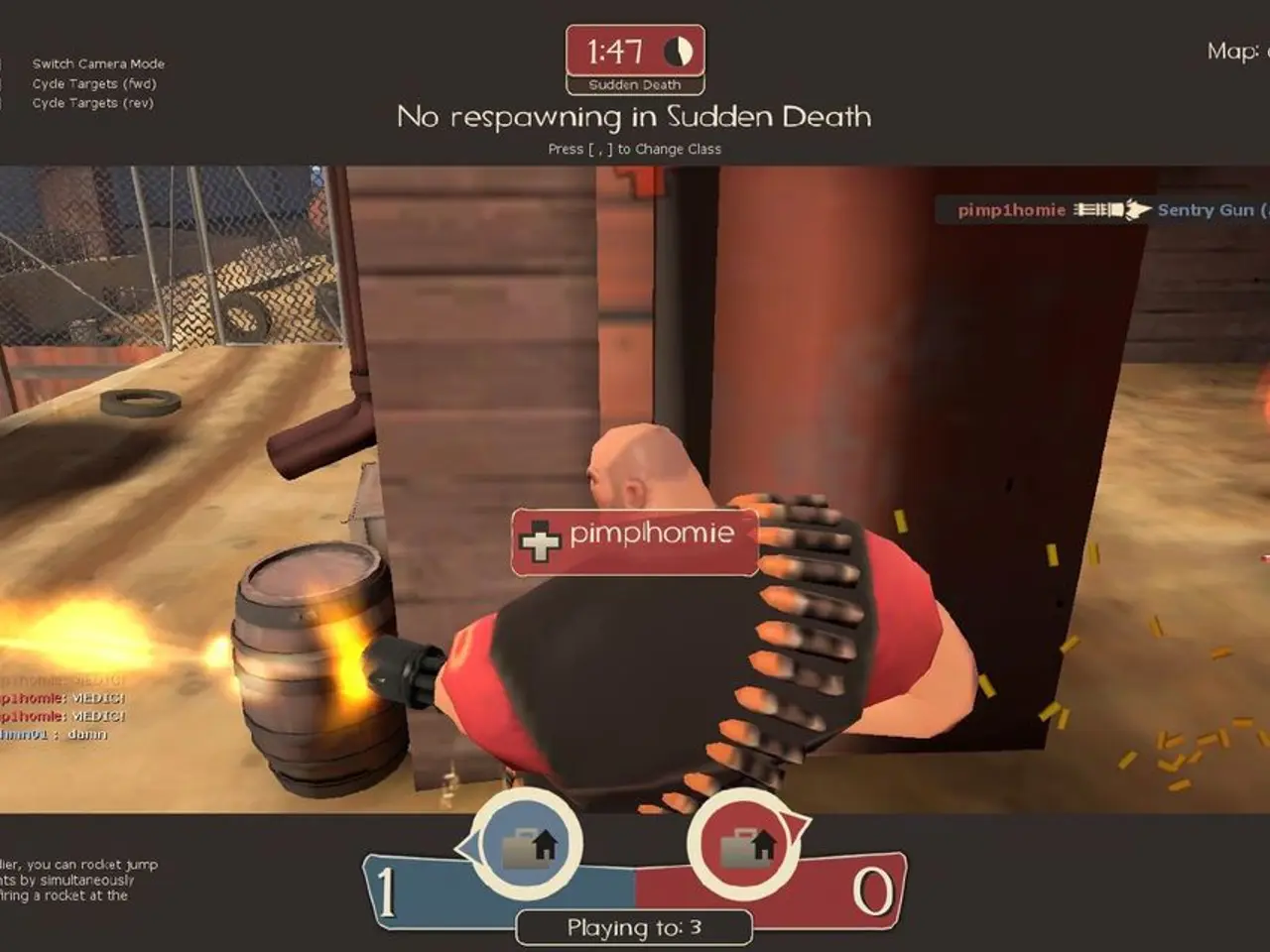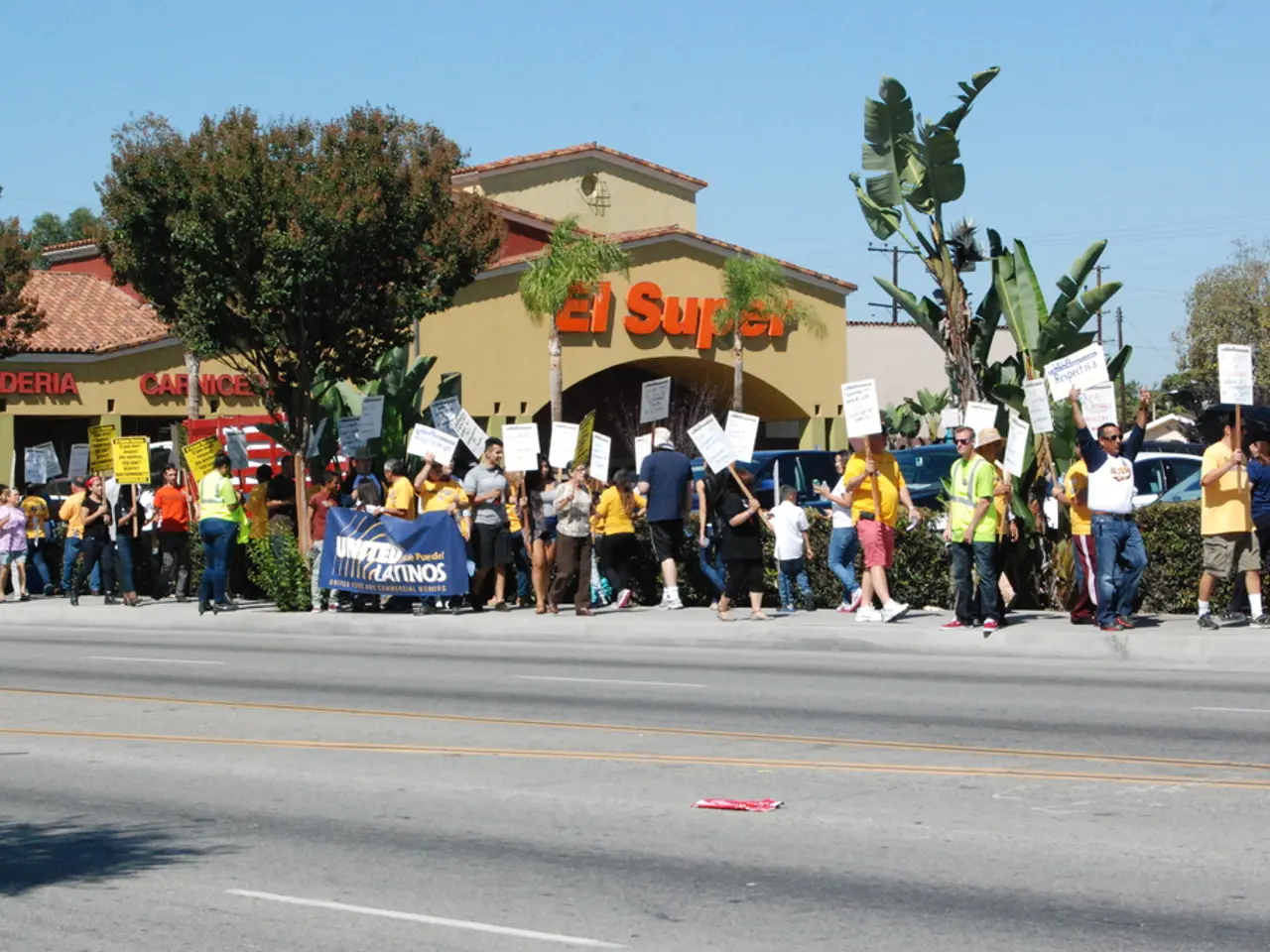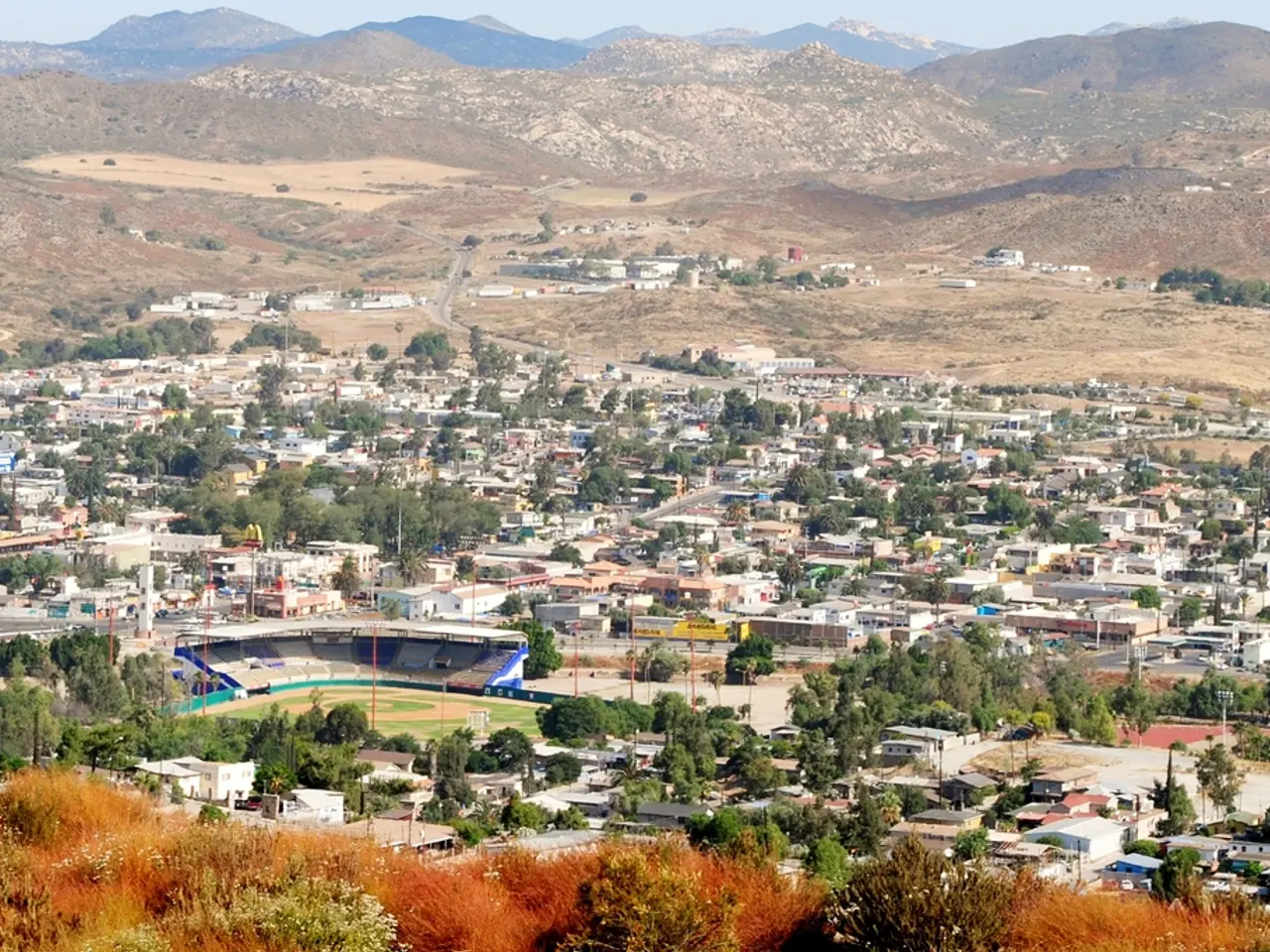After receiving briefings on US attacks against Iran, senators express their opinions.
In a heated disagreement following a classified briefing, senators from both political parties couldn't agree on the impact of recent US strikes on Iran's nuclear program. While many Republicans believe it'll take Iran years to build a nuclear weapon, some Democrats argue the setback is only by months.
According to a leaked early US defense intelligence assessment, the strikes last weekend didn't annihilate the core components of Iran's nuclear program. Instead, they likely delayed it by a few months. CIA Director John Ratcliffe disputed this, claiming "several key Iranian nuclear facilities were destroyed" and would take years to rebuild.
However, it's unclear whether Ratcliffe's statement was an official agency assessment or his personal interpretation of the intel. Disagreements among intelligence agencies about interpreting raw data are common. The evaluation of the damage to the sites and the effect on Iran's nuclear aspirations is still an ongoing process, and more intel could alter the initial findings.
Democratic Sen. Chris Murphy of Connecticut told reporters, "To me, it still appears that we have only set back the Iranian nuclear program by a handful of months." Meanwhile, Senate Minority Leader Chuck Schumer accused the White House of having "no coherent strategy, no end game, no plan" for preventing Iran from developing a nuclear weapon.
On the other hand, Republican senators, including some of Trump's closest allies, left the briefing praising the effectiveness of the US strikes. Sen. Lindsey Graham of South Carolina declared, "They were obliterated. Nobody can use them anytime soon."
However, other Republicans were more cautious in their statements, with Sen. John Cornyn of Texas saying the goals of the mission were accomplished, although the exact meaning of "obliterated" is open to interpretation. Sen. Rick Scott of Florida stated, "It's all in your definition."
Sen. Tom Cotton, who leads the Senate Intelligence Committee, was more definite, asserting that the strikes would "protect the world from the risk of an Iranian nuclear weapon for years." Criticizing the focus on the early Defense Intelligence Agency assessment, Cotton believes that their estimate of only a few months' delay is inaccurate.
The final US military assessment could take days or even weeks to complete, according to sources familiar with the Pentagon's process. The initial Defense Intelligence Agency analysis was produced within 24 hours after the attack but was described as a low-confidence, preliminary assessment. It's subject to change as more intel becomes available and hasn't been coordinated with the wider intelligence community yet.
While both parties left the briefing with conflicting views, Sen. Chris Coons, a Democrat from Delaware, described it as "constructive" but emphasized the need for a more comprehensive assessment of the damages. Independent analyses suggest that while the strikes caused significant damage, Iran retains enriched uranium stockpiles and has the means to continue nuclear activities in the long term. The exact extent of the setback remains uncertain as the final assessment is still pending.
[1] "Initial U.S. Strikes on Iranian Nuclear Sites Could Delay Their Nuclear Program by Months: Report": https://www.msn.com/en-us/news/world/initial-u-s-strikes-on-iranian-nuclear-sites-could-delay-their-nuclear-program-by-months-report/ar-BB17FH34
[2] "CIA: Iran’s Nuclear Program Suffered Severe Damage from U.S. Strikes": https://www.washingtonexaminer.com/news/cia-irans-nuclear-program-suffered-severe-damage-from-us-strikes
[3] "U.S. Military Strikes on Iranian Nuclear Sites Significantly Delay Country’s Nuclear program": https://www.nytimes.com/2021/01/05/us/politics/us-strikes-iran-nuclear-sites.html
- The disagreement among US senators regarding the impact of recent strikes on Iran's nuclear program has extended to other areas of politics, including policy-and-legislation and general-news.
- The debate over the damage caused by the US strikes on Iran's nuclear sites has also seen discussions on crime-and-justice, as accusations of misinformation and incoherent strategies have been levied against political figures.
- Incidents of car-accidents and fires have taken a backseat in the media due to the intense focus on war-and-conflicts and Iran's nuclear program.
- Despite the ongoing disagreements and uncertainties, it is clear that the strikes have caused significant damage to Iran's nuclear program, although the exact extent and duration of the delay remain debated among intelligence agencies.







